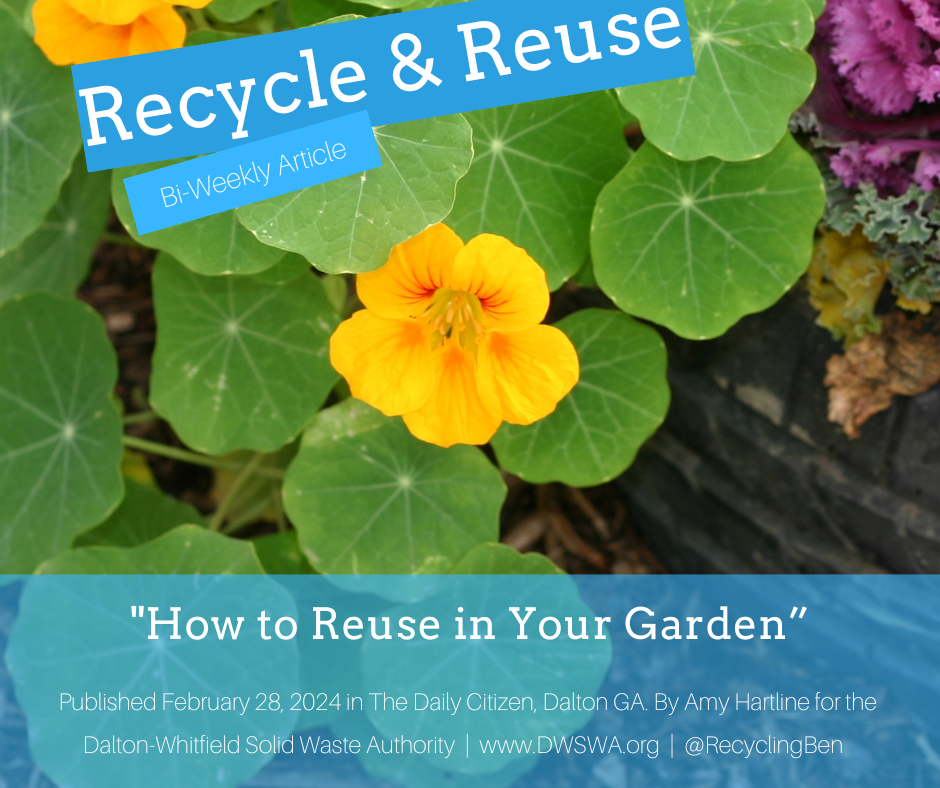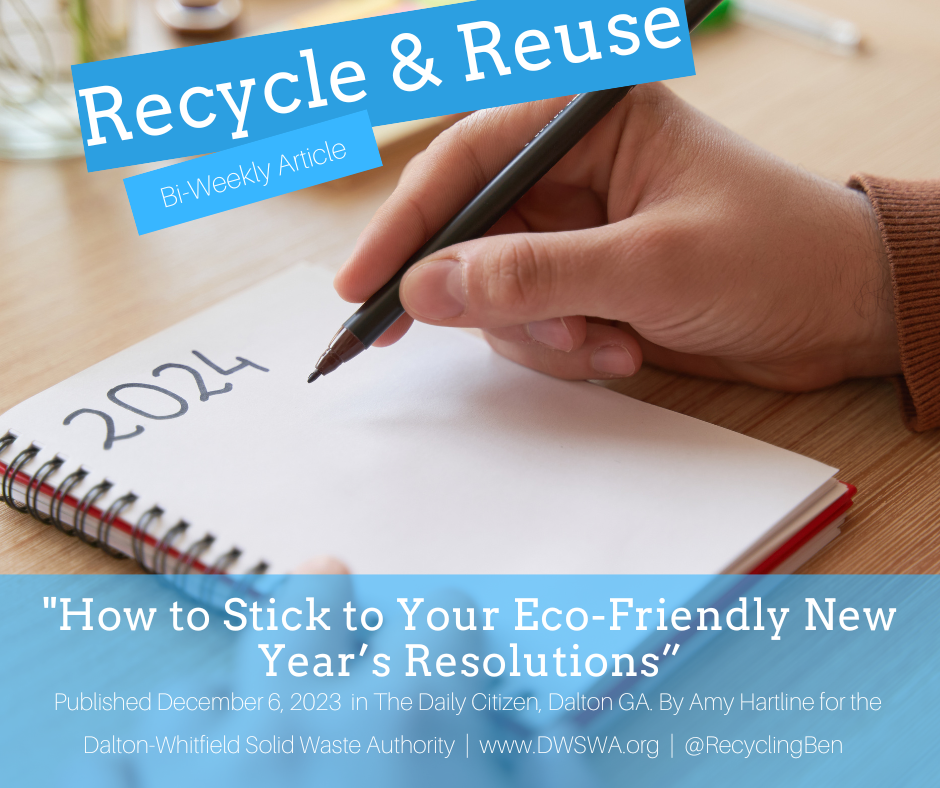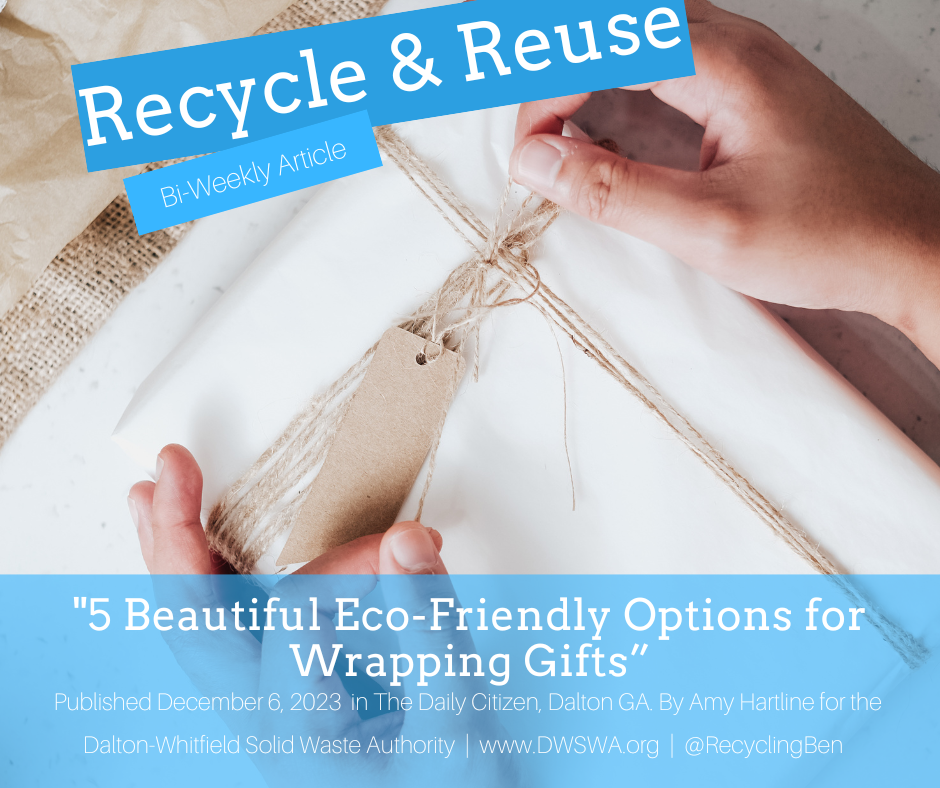Beautification grants offered to local schools for National Planting Day
/n Sept. 1, Keep America Beautiful celebrated National Planting Day, a day established by Keep America Beautiful to encourage individuals to support local ecosystems by planting native species. Native species are plants, shrubs and trees that are indigenous to a particular region of the country. National Planting Day begins the first Saturday of Labor Day every year and has activities that go through October.
National Planting Day activities may focus on one of four areas of need: Increasing the number of native trees in public spaces; bringing natural beauty and sustainable urban infrastructure to "built environments"; creating community-supported sustainable vegetable and fruit gardens; and greening and restoring vacant lots with low-maintenance indigenous plants and trees in underserved urban and rural neighborhoods.
Native planting is important because it helps restore ecological balance to the environment. They also help attract pollinators and insects. Native plants don’t only benefit pollinators, they can benefit you as well by being easy to maintain, hardier and requiring less water.
“Keep America Beautiful and our affiliates are encouraging National Planting Day participants to focus their efforts on planting pollinators to increase biodiversity in our neighborhoods and communities,” said Helen Lowman, president and CEO, Keep America Beautiful. “Each and every pollinator is crucial to keeping our food chain sustainable and experience shows that clean, green and beautiful places are more likely to remain that way.”
Keep Dalton-Whitfield Beautiful, the local Keep America Beautiful affiliate, is offering mini-grants to local schools in honor of National Planting Day. The application deadline is Friday. Recipients last year planted trees in playgrounds, flowers in school gardens and more. For the application and to see what the students did last year, visit www.keepdaltonwhitfieldbeautiful.org.
You don’t have to be a school to participate in National Planting Day though! Everyone can participate by preparing a garden for spring, beautifying an area, planting native species or an edible garden, and encouraging others. Keeping areas of our town clean, green and beautiful can help the environment, reduce litter, create economic growth and even improve your health.
If you are interested in planting natives this year there are actually many resources available to help identify native species and pollinator friendly plants. The Pollinator Partnership provides a free plant guide at www.pollinator.org and offers the smartphone app Bee Smart Pollinator Gardener available on Google Play and the App Store. The guide is customized for the United States only and includes a variety of perennials, annuals, trees, shrubs and vines. On the same site, you can register your pollinator garden on the Million Pollinator Carden Challenge (MPGC) map. Currently, Dalton has six registered pollinator gardens including Dalton Mayor Dennis Mock’s Monarch Pledge and Butterfly Heroes.
Recommended plants for the southeast region include oak-leaf hydrangea, swamp rose, eastern swamp milkweed, Georgia savory, wild petunia, passion flower and sweet goldenrod. Plants that do pretty well everywhere and are widely available include lavender, rosemary, sage, coneflower, sunflower, aster, lamb’s ears and black-eyed Susan. The guide also specifies the sun and soil requirements and types of pollinators that visit those plants.
The University of Georgia Extension offers a very detailed guide to native plants for Georgia on their website. The four-part guide is readable online or can be downloaded as a PDF document at extension.uga.edu/publications.html. Descriptions of the plants include the size, landscape uses, propagation and hardiness zones. Most also include multiple photos of the plants in various stages of growth.
If you are a beginner gardener, remember that it is OK to start small. Begin by creating a container garden and make sure to ask for recommendations at your local nursery when buying. If you are more seasoned and want to prepare your garden for next year, begin adding compost or organic matter now, plant a cover crop and try using fallen leaves to mulch your garden and prevent soil erosion.
Our combined efforts can support our existing ecosystem and make our community beautiful. Encourage others to participate by posting photos of you and your friends planting this fall. Tag the photos with #PlantBeautifulThings on Facebook, Twitter or Instagram.
































